- About Us Show more
- About Us Show more
-

- UNICERT offers quality value-added assessment services bringing consistency, optimisation and efficiency to improve clients’ management systems, with minimal disruption and cost to the operations.
- Find out more
-
- Services Show more
-

Certification
Formally confirming that your products and services meet all trusted external and internal standards.
Learn More
Inspection
Validating the specifications, value and safety of your raw materials, products and assets.
Learn More
Testing
Evaluating how your products and services meet and exceed quality, safety, sustainability and performance standards.
Learn More
Training
Equip your team with the vital training they need to remain at the top of their profession.
Learn More
-
- Services Show more
- Information Show more
- Information
Show more
-

- For more details of UNICERT and accreditation mark information please communicate by email: info@unicertglobal.com
-
- Standards & Industries Show more
- Contacts Show more
-
-
Global Reach
- UNICERT is the industry leader with many regions in the world. Whether your business is local or global, we can ensure your products meet quality, health, environmental, safety, and social accountability standards for virtually any market around the world.

-
-
- Worldwide Show more

ISO/TS 16949:2009
Optimal Quality Performance in the Automotive Sector
The global automotive industry demands world class levels of product quality, productivity and competitiveness as well as continual improvement. To achieve this goal many vehicles manufacturers, insist that suppliers adhere to strict technical specifications. For most vehicle manufacturers, certification is a mandatory requirement that is internationally recognized enabling worldwide business. The International Automotive Task Force (IATF), a group of automotive manufacturers, aims at providing improved quality products to automotive customers worldwide. It defines technical specifications aimed at the development of a quality management system that provides for continual improvement in the in the automotive industry supply chain.
What is IATF 16949:2016?
IATF 16949:2016 is a standard that establishes the requirements for a Quality Management System (QMS), for the automotive sector. It replaces the former ISO/TS 16949:2009 standard. The standard specifies the quality system requirements for the design/development, production, installation and servicing of automotive related products. It enables organizations to demonstrate their commitment to product quality and compliance to customer requirements.
Who can benefit from IATF 16949:2016?
Requirements are generic and applicable to any supplier providing design and development, production, assembly, installation and services of automotive related products, inclusive of products with embedded software. The IATF 16949 standard is applicable to sites of the organization where manufacturing of customer specified production parts, service parts, and/or accessory parts take place.
What are the key benefits of IATF 16949:2016?
- Provides for continual improvement
- Emphasizes defect prevention
- Promotes reduction of variation and waste in the automotive industry supply chain
- Meets the requirements of its customers and other stakeholders
- Requires organizations to define objectives and continually improve their processes in order to attain them
- Requires documented and implemented corporate responsibility polices
- Demonstrates ability to consistently provide products that meet customer and applicable statutory, regulatory and product safety requirements
- Results in increased clientele leading to greater profitability
- IATF 16949 certification enables expansion into new markets as it is mandatory for doing business in some sectors
- Identifies and addresses risks
- Increased productivity and efficiency leads to decreased internal costs
- Flexible and easy to adopt
- Enhances brand reputation
- Saves money by avoiding duplication
CERTIFICATION
ACCREDITATION
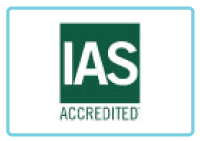
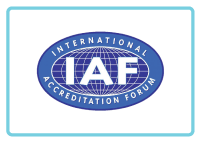

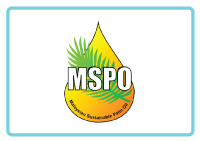

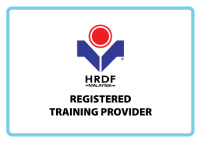
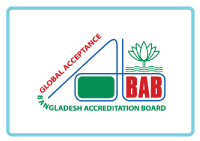
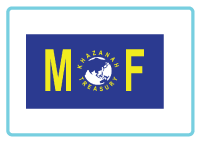
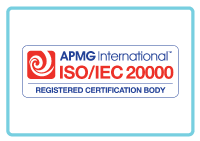
Copyrights © 2020 All Rights Reserved.


